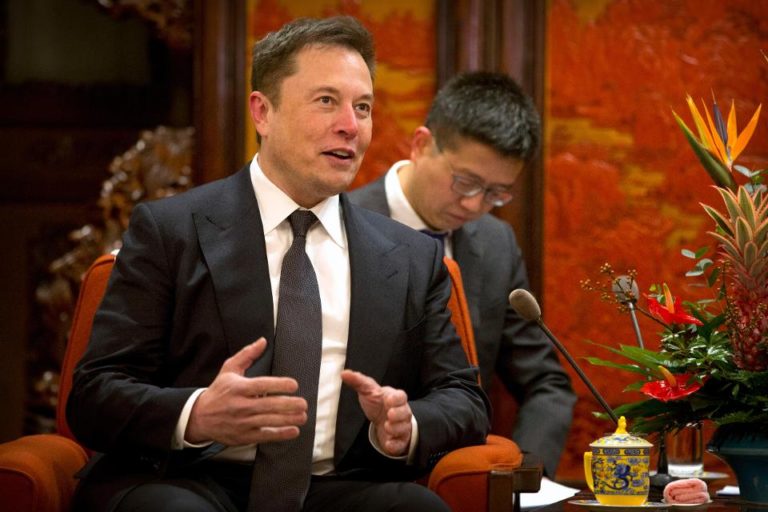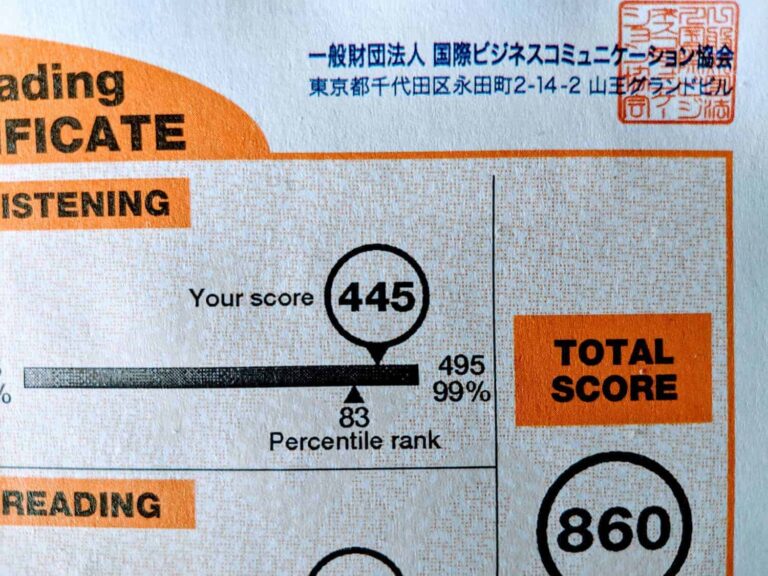1. Back in the 1970s, when Lee Soo-man was performing at a music festival, the South Korean folk singer known for his top hits found his audiences unusually quiet. But the atmosphere changed immediately when a foreign band took to the stage, with audiences shouting and waving along with rhythms.”It occurred to me that singers overseas are welcomed in Korea. But Korean singers were not loved in other countries,” Lee told CNBC last year.
2. As Lee moved to the United States to study in 1981, he was further impressed by how popular US musicians were around the world. A dream was planted inside Lee’s heart: he wanted to bring South Korean music and singers to the world. In 1989, after saving enough to start his own company, Lee launched SM Studio, named after not just his own initials, but also his dream of creating a “star museum” to showcase South Korean music worldwide. Decades later, Lee’s small agency has grown into the SM Entertainment Group, accounting for 29.5 per cent of K-pop album sales in 2021.
3. As the genre grew into a multi-billion-dollar industry with millions of fans around the world, Lee earned himself the nickname “godfather of K-pop”. However, the 70-year-old producer has recently entered a tough battle with his nephew, Lee Sung-soo, who was appointed chief executive of SM Entertainment in 2020 — and the senior Lee was losing. But he had one final trump card up his sleeve: selling his own company to the rival agency that owns BTS.

Why do you think K-pop has enjoyed such international success? What do you think are the main distinctions between k-pop and j-pop
The godfather of K-pop
4. As SM Entertainment’s chief producer, Lee not only oversees and participates in the recruitment of singers, but is also heavily involved with their training, marketing and branding, as well as their music concepts and all album releases. With his vision and strict quality control, SM introduced the boy band H.O.T. in 1996, widely considered the first K-pop idols. Lee’s formula for H.O.T. — strong visual performance, mixing hip-hop and pop styles, good-looking young singers and close relationships between band mates and fans — was soon followed by other production companies.
5. With the huge success of H.O.T., Lee went on to launch several legendary bands such as TVXQ!, SuperJunior, Girls’ Generation and EXO, turning SM into one of the most successful K-pop superstar factories. Lee’s crafting of girl bands has had a “formidable” impact on the appearance of female K-pop singers across the sector, according to Professor Roald Maliangkay, the director of the Australian National University’s Korea Institute.
The history of K-pop as a strongman sector
6. Growing up under the fame of his uncle, Lee Sung-soo was reported to be running various part-time gigs at SM Entertainment since high school. He then joined the company in 2005 as a music producer, and climbed the ladder to become co-chief executive in 2020, along with Tak Young-jun, who had worked as an artist manager at SM for more than a decade. Lee Sung-soo took over the company at a time when K-pop was reaching another sales peak, thanks to the pandemic, during which time many people sought respite in digital entertainment.
7. Since the beginning of Hallyu, the K-pop market has been dominated by three corporations: SM, YG and JYP. With founders full of charisma and strong personal performing styles, these companies set up their corporate infrastructure so that bosses had ultimate influence over music production and corporate management. While this strongman model was widely followed within the industry, one company broke with tradition. In 2005, a musician called Bang Si-hyuk launched his own music label, Big Hit. Five years later, Bang launched BTS, the most successful South Korean band in history.

What are some of the advantages to a Strongman sector? Similarly what are some of the disadvantages? Are you familiar with any other strongman sectors in Japan or around the world?
8. Bang also runs Big Hit in a way different way to the strongman model, giving more freedom to individual artists and autonomous activities under their label. In 2021, Big Hit restructured and rebranded as HYBE. It raked in $US1.41 billion in revenue last year, beating SM to be the richest K-pop production company. Having seen the rise of HYBE, Lee Sung-soo and his team decided to shake things up, limiting his uncle’s power and influence over the company.
9. In October 2022, SM announced it would terminate its production contract with Lee Soo-man by the end of the year. In late February 2023, the company launched its “SM 3.0” strategy, which aimed to transform the production system headed by Lee Soo-man into five separate music centres and labels. It also reached a deal with South Korea’s internet giant, Kakao Corporation, in a bid to further distribute its music and content to the world. But the deal — which involves Kakao acquiring 9.05 per cent of SM shares and all of the music company’s distribution rights — has infuriated the ousted founder.So Lee Soo-man hatched a plan.
‘A hostile takeover’
10. On February 7, SM Entertainment’s largest shareholder, Lee Soo-man, announced his plans to sue Kakao and the very company he had founded. The next day, Lee struck a deal with his old enemy and sold 14.8 per cent of his personal stake in SM to HYBE, making the rival company the largest shareholder of SM Entertainment. HYBE then confirmed it would seek a 40 per cent stake in SM by March 31, after its annual board meeting. If it succeeds, HYBE will become SM’s largest stakeholder, giving it the power to control its rival’s operation. In a joint statement, SM’s top executives stated strong opposition to the deal between Lee Soo-man and HYBE, describing the action as a “hostile takeover from outsiders“.
11. Angered by his uncle’s move, Lee Sung-soo uploaded a video on his personal YouTube channel, alleging Lee Soo-man was involved with corruption and tax fraud through overseas companies. He also alleged his uncle over-controlled music production, claiming Lee Soo-man tried to enter the global property market through promoting sustainability-related events, and once even requested the company’s writers to include “tree planting” in lyrics for SM artists.
12. In response, HYBE said the SM executives’s claims demonstrated issues in corporate governance, which HYBE was willing to fix. HYBE chief executive Park Ji-won said the deal between the two companies was necessary in order to solidify K-pop’s global influence amid a slowdown in growth. But SM disputed the claim, arguing the deal would also give HYBE a monopoly over the industry and lead to a decline in future K-pop creators due to a lack of competition. HYBE is proceeding with its takeover, and SM has turned to its minor stakeholders to seek support in resisting the bid.Lee Sung-soo has announced he will not seek re-election as SM’s chief executive, but has urged his uncle to apologise.
Phonetic Chart





